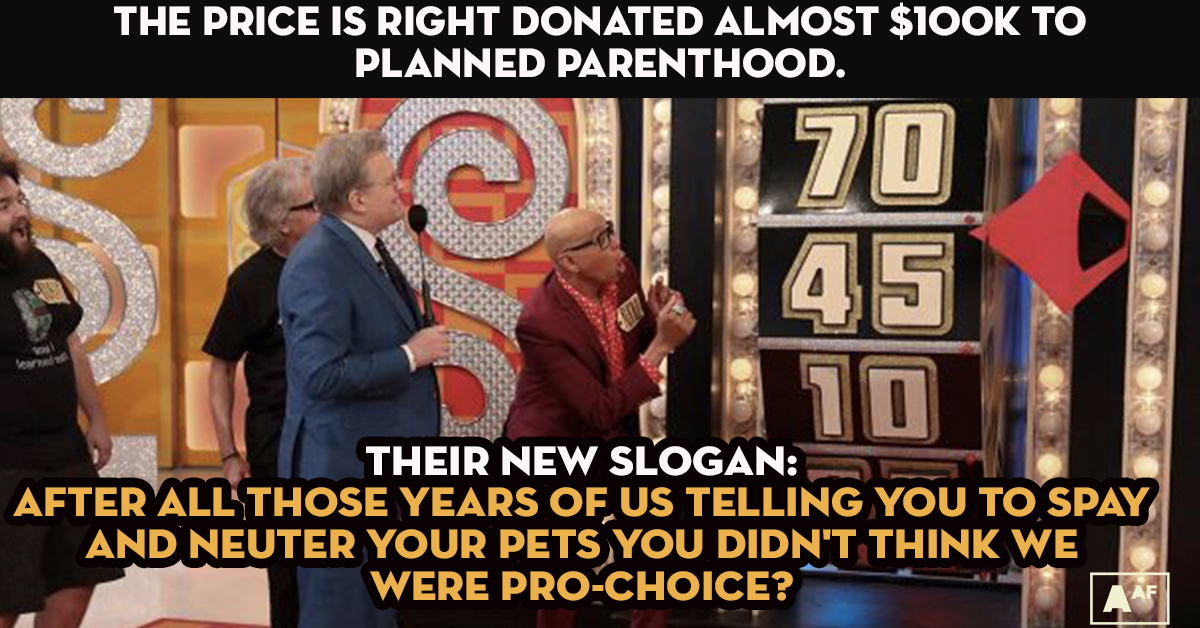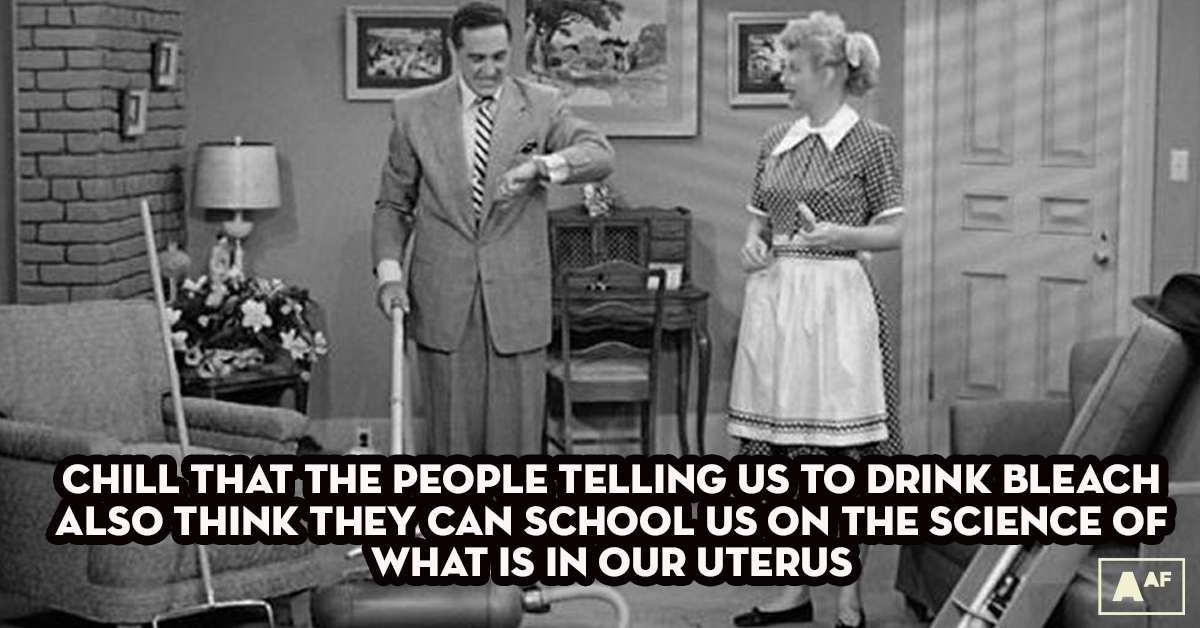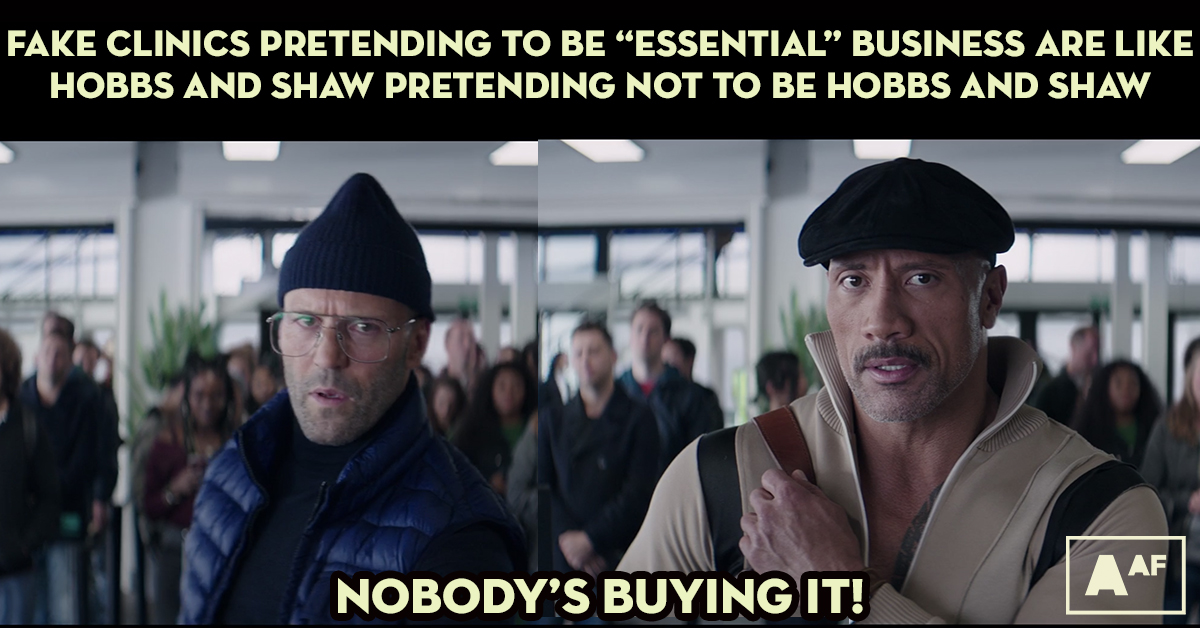This Black History Month LPJL is honoring modern-day reproductive justice warriors. Today we chatted with Kwajelyn Jackson, the Executive Director of the Feminist Women’s Health Center in Atlanta, Georgia about her impressive career, what reproductive justice means now, and the specifics of running a clinic (hint: it takes a lot of amazing people).
LPJL: So let’s start at the beginning. How has your activism evolved throughout your life?
I have always connected with the principles of feminism, even before I had a language for it, but I think it really solidified for me when I entered Spelman College. Prior to Spelman, I was trying to figure out how to be authentically me in a world that was telling me I was simultaneously too Black and not Black enough, as is the experience of many Black women. So I was trying to figure out what it meant to me to be a Black woman. And Spelman showed me that there were so many different ways for that to look and feel, that there were a multitude of ways to live in the world as a Black woman, each as genuine as the next, none invalidating another. That was where I started thinking more about systematic oppression, white supremacy, sexism, rape culture, and intersectionality. All of the pieces clicked together in a way that helped to set my future trajectory towards reproductive justice. Before I came to FWHC, I worked at an arts and social change nonprofit called WonderRoot. Also, my mother worked in social justice and anti-oppression movements, and ultimately reproductive health as well, and now works with me at Feminist Women’s Health Center. So I was very influenced by her work as well.
LPJL: How has your activism informed your job of running a clinic and your decision to transition in that role?
I was actually kinda thrust into this role in a lot of ways. I joined FWHC in 2013 as the Community Engagement Coordinator, primarily managing volunteers and volunteer programs. Then was promoted to Community Education and Advocacy Director shortly thereafter and was responsible for all of our outreach, public policy, and education programs. In January 2018, I was named co-director after our ED retired from the organization, and then transitioned to interim ED that April, and ultimately Executive Director in September of 2018. Over that time I had to learn a lot very quickly about the clinical parts of our organization and how to keep our operations on track. Fortunately, I have an excellent team of people who were willing to roll up their sleeves and go above and beyond to help us be the best version of ourselves. They run the clinic, not me.
I think what I brought with me to this role was a deep understanding of and commitment to reproductive justice and all of the tenets it stands upon. I brought my social justice and human rights values that inform everything from salaries to policies to art on the walls. I believe in shared decision making and collective visioning and those are the things that I believe make us strong. My vision alone is insufficient to take us where we need to go. It has to align with a larger collective vision to achieve the kind of liberation we are seeking.
LPJL: Talk about the importance of framing the abortion conversation around the reproductive justice movement.
Abortion access absent of a reproductive justice lens is insufficient in my opinion. There is no question that abortion is needed and it is necessary and it must be protected. Period. But what RJ does is gives abortion a context in the whole life of a person. RJ is concerned with the things that would allow us to thrive in this world, controlling our reproduction and fertility, having autonomy over our bodies, building healthy families that we choose, and living in safe communities where we are seen as whole. Abortion is a key piece of that, but it is not the center. Abortion on its own does not get us to liberation, but we know that we can’t get there without it either.
LPJL: Your activism has stopped some significant anti-abortion legislation from passing in Georgia. Can you maybe talk me through one specific piece of legislation and all the work you did around it to make sure it would not pass?
I don’t think there is a magic wand that anyone has to stop bad legislation when the will of the powers that be are there. We have been fortunate that our legislature has been distracted by other harmful attacks on our communities to pay us as close attention as they might otherwise. Since 2015, we have stopped TRAP bills, a “reversal” bill, and Personhood, among others, by lobbying fervently, raising public awareness and testifying in committee. We have a full time Public Affairs Coordinator who acts as our lobbyist during the legislative session. We also work in coalition with many other RJ orgs and allies to build power in our communities.
One of my proudest moments was in 2016 when we held an art exhibit inside the Georgia State Capitol called Typical American Families to highlight our first piece of proactive legislation, called the Strong Families Resolution. In order to elevate the voices of GA families, Strong Families and FWHC partnered with artists Carlton Mackey and Ross Oscar Grant to expand upon their photography project Typical American Families, and show the stories (with both portraits and testimonials) of our families and the challenges they face. We built upon their initial premise and explored the complex realities of families across metro Atlanta, exploring what their families need to thrive and the barriers they must overcome. The stories are centered on reproductive justice, healthcare access, economic challenges, discrimination, documentation status, age, incarceration, and other common challenges that are facing families. We also highlight how intersectional identities, like race, class, and gender, as well as family composition, affect a family’s ability to access the resources they need to thrive in a state like Georgia.
Our initial exhibition in February 2016 featured families selected by community partners SPARK Reproductive Justice NOW, Racial Justice Action Center member groups Women on the Rise and LaGender, Forward Together’s Echoing Ida program, and FWHC’s Lifting Latina Voices Initiative, as well as portraits from the original artists collection. These were families with single parents, interracial, multiethnic, and interreligious families, chosen families, queer families, trans families, and families separated by incarceration. The photos were displayed in the State Capitol Rotunda for legislators and the general public to view. We held a brief press conference featuring legislators, speakers from the families, the artists and the host organizations. Though the resolution didn’t pass, we had an incredible day bringing voices into the State House that are not heard there often enough, speaking their truth.
LPJL: What is your activism plan for 2019? What are your biggest reproductive justice ambitions?
Most of my focus this year will be about strengthening our organizational infrastructure to support our current and future operations and programs, financially strong, at full capacity. I am working to solidify our foundation such that the next generation of leaders can build on it with confidence. Our organization is working on several policy areas, like removing funding for CPC and protecting abortion access in Georgia, improving maternal health outcomes for Black women, and dignity for incarcerated women and trans folks.
My biggest RJ dream right now is operationalizing reproductive justice in our clinic in a visible and tangible way. There are some incredible folks, like Monica McLemore, Karen Scott, and Nikia Grayson who are brilliant clinicians with a keen understanding of reproductive justice and the vision of how to incorporate it into clinic spaces. I want to be in that number! I want to tools and the guidance to carefully examine and adapt our clinic to center communities of color, queer and trans folks, low income and poor folks, such that the experience is tailored to their specific needs. And I want our services to be as comprehensive as we can accommodate to include so much more than abortion, that we are a destination for all of folks reproductive health needs.
LPJL: A huge part of your job is community outreach. What do you think are the most effective ways people can build local communities that support abortion and abortion services?
Unfortunately I don’t get to do as much outreach as I did in my former role, but it is hugely important to our work overall. I think the best way to build support is to see people fully. To speak to their full lives and experiences rather than their body parts. So using RJ helps us find an entry point to talk to almost anyone who is open. If we start by talking about birth and parenting and breast feeding, we can get to the importance of spacing pregnancies, reliable contraceptives, and the need for abortion. We can start by talking about health care access that is affordable and comprehensive and move towards how legislators should not impose on people’s health care decisions to the over-regulation of abortion.
I believe that all forms of oppression are linked to one another and cannot be separated. I believe that the multiple identities that we hold complicate and compound the way we experience oppression and the world. I don’t think one can compartmentalize their identities or the identities of others in order to deal with oppression or get free. I think it is past time for us to work intersectionally on issues that are affecting the places where communities overlap. So for me I will never stop pressing for intersectionality in our movements above all else. That is the only way we can truly get free.
LPJL: What are some of the biggest misconceptions you have noticed people have about abortion and more broadly, reproductive justice?
I think one of the most annoying misconceptions is that abortion is diametrically opposed to birth and pregnancy. That people who have or provide abortions hate babies. We know that is the majority of the people who get abortions are already parents and will possibly parent again one day. It is a silly notion.
I think one of the most dangerous and hurtful misconceptions is that abortion is “Black genocide” and harmful to Black communities. We hear this a lot from anti’s [anti-choicers] who don’t actually care about Black people or our upliftment, but use this language to shame us for our decision making. One of the most pervasive tools of white supremacy is paternalism toward Black people, specifically infantilizing Black women as incapable of making decisions on their own. The prevailing thought the we don’t know what is good for us and need white people or politicians to tell us how to behave in an acceptable way rather than trusting us to know exactly what we need to thrive.

LPJL: When we were visiting, we saw a fake clinic van right outside your clinic. What have you observed about their tactics?
Because of construction on the land across the street from us, the van can no longer park outside our building. But they are still active around the city. We know that most often vans like these are connected to CPCs and are targeting Black and Brown communities. Our protestors often use similar tactics to what I named above, yelling Black Lives Matter to our staff and patients, using loudspeakers to shout offensive things at us, even playing recordings of babies crying. They are more annoying than dangerous, but it is certainly a hard thing to endure.
LPJL: I’d love to learn more about the Errin J. Vuley Fellows! Can you talk to me about how you’ve seen the program and Fellows evolve and how important it is to teach reproductive justice! What do you think the importance is of creating leaders of tomorrow?
The Errin J. Vuley Fellow Program uses a reproductive justice framework to strengthen the fellows’ skills and knowledge, especially for abortion access, trans justice, and racial justice. Over ten months, the fellows meet for interactive workshops that progress, from expanding their knowledge and skills, to opportunities to apply what they’ve learned and showcase their collaborative work. The fellows also build their social justice network through various expert facilitators that are brought on board. Finally, each fellow receives a launch forward award that includes a small stipend or tools to help them complete a social justice project or launch a social justice initiative. Our first cohort of Errin J. Vuley Fellows graduated in December 2017 and our second cohort graduated in December 2018.
Facilitators from a number of organizations donated their time to the fellows program including ARC-Southeast, NAPAWF, Center for Disease Control, UGA, Emory, Georgia Equality, and the Housing Justice league.
The program reached over 150 people through open events and those facilitated by the fellows. With the support of Feminist Center, more than half of our fellows from the first cohort went on to facilitate independent events and activities on issues of sexual and reproductive health. Many of our fellows have since been absorbed into the movement whether through full-time positions at other organizations or through continuing their education at graduate schools. Some have been hired full time by us as well!
LPJL: What one thing do you wish everyone knew about reproductive justice in general? And what one thing do you wish everyone knew about reproductive justice in 2019?
That it is for EVERYONE!!! That it is not anti-white, but it is anti-white supremacy. That it is expansive enough to provide a lens for so many human rights issues, spacious enough to hold queer and trans issues, environmental issues, housing and economic justice, food justice, technology, and so much more! That it is a vision for a just future and a path towards real equity. That it is rooted and established in love.





